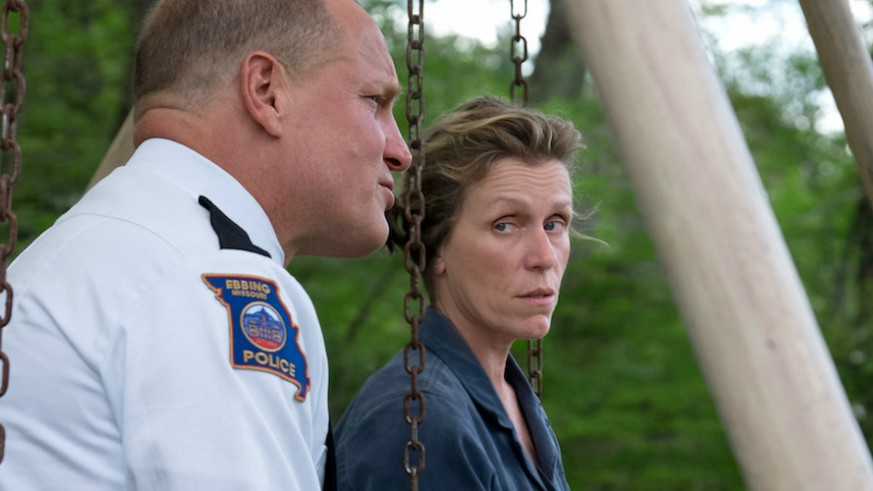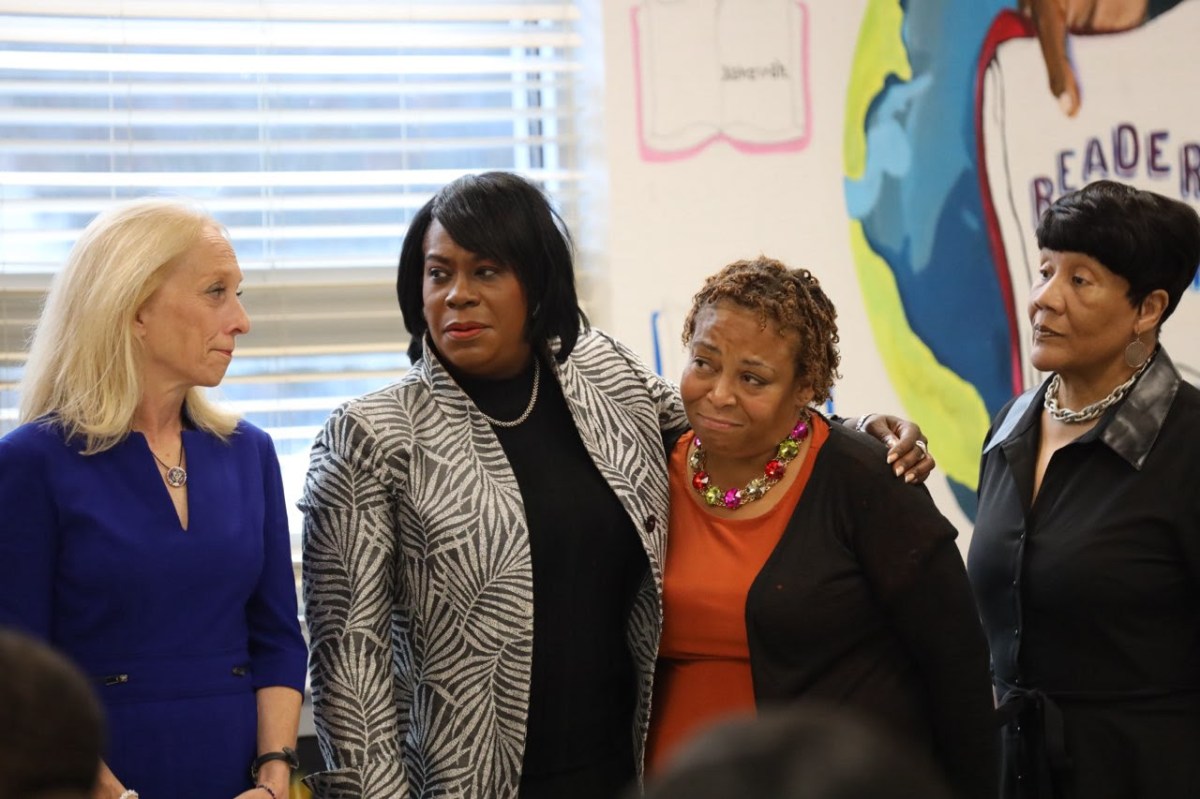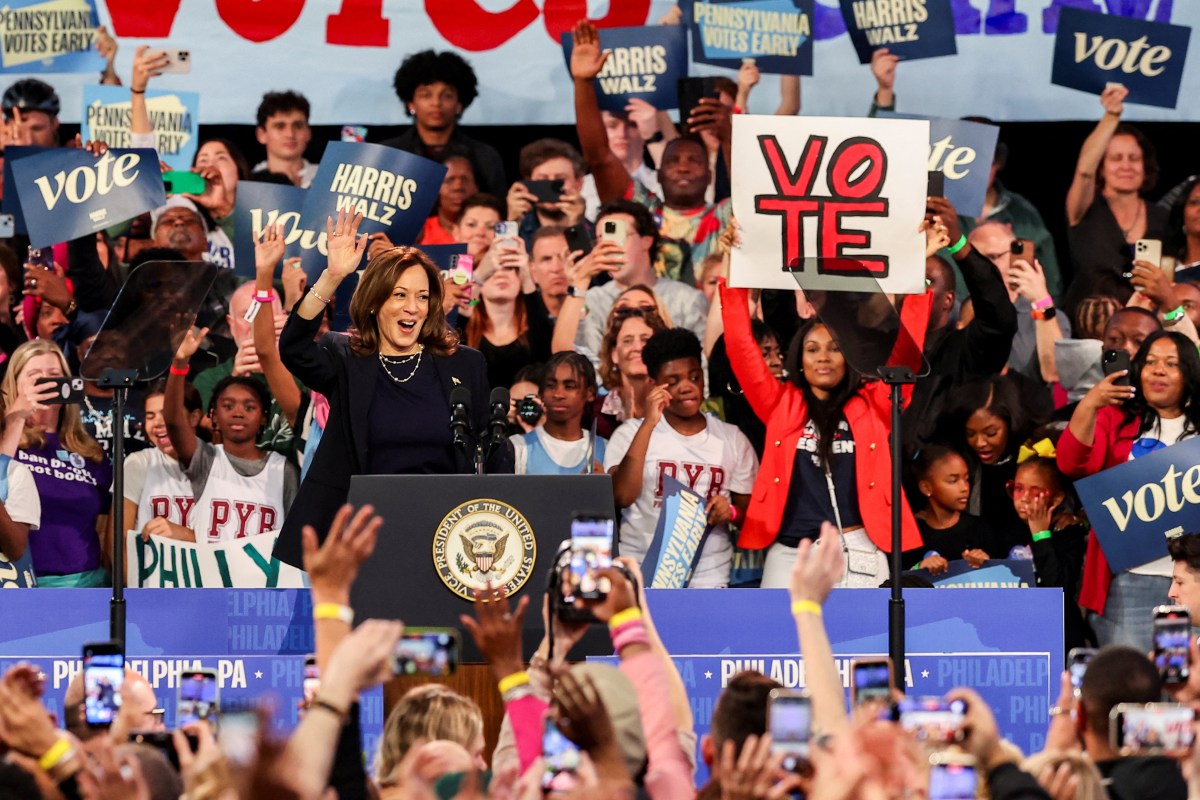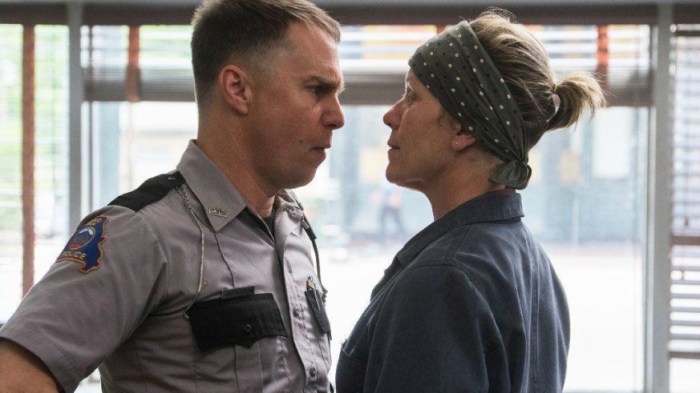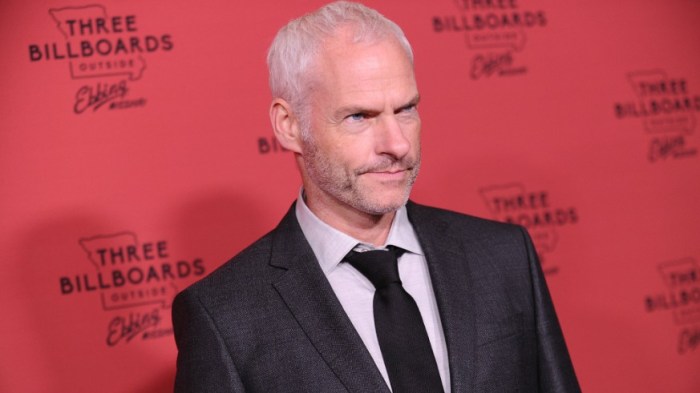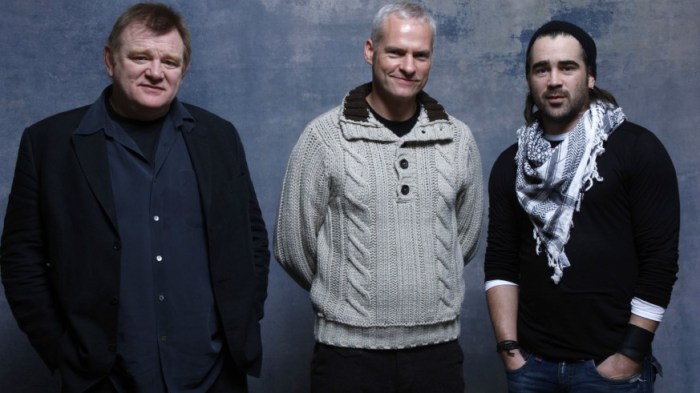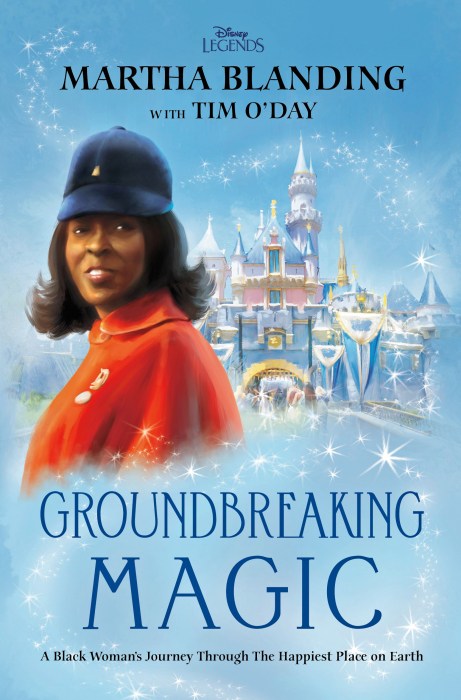Warning: There are HUGE SPOILERS ahead for Three Billboards Outside Ebbing, Missouri. So if you haven’t seen Martin McDonagh’s dark comedic masterpiece not only should you read my review, but you should then head to your nearest screening to actually watch the film, before then returning to read the below.
“Three Billboards Outside Ebbing, Missouri” is a movie rife with complex and morally ambiguous characters.
Frances McDormand’s Mildred starts off proceedings as the seemingly righteous and rightfully driven grieving mother intent on finding her daughter’s rapist and killer, while at the same time exposing the institutionalized flaws of the police. But her antics throughout the film bring her closer to the dark side, as she commits more and more violent acts.
The complete opposite argument can be made for Dixon, Sam Rockwell’s racist police officer. While still a heinous individual for his narrow minded outlook, “Three Billboards Outside Ebbing, Missouri” shows us that he is just a by-product of the hostile and racist environment he was raised in, while towards the end of the film he purposefully gets into a fight and is beaten to a pulp all to ingeniously get the evidence of a suspect.
It turns out that this suspect was on active duty in the Middle East when Angela was raped and killed, though, so isn’t her murderer. But when Dixon finds the location of another rapist, who wasn’t involved in Angela’s death, but is still on the loose, he tells Mildred and the duo drive to Idaho with the intention of killing him instead.
“Three Billboards Outside Ebbing, Missouri” ends with the duo sat in the car contemplating whether to actually kill this man, who they have never met or had even heard of until a couple of hours earlier, before they then conclude that they will make their decision when they get there.
It is powerful, contemplative, and the perfect mix of both unsatisfactory and satisfactory, which will make you immediately want to watch “Three Billboards Outside Ebbing, Missouri” again.
But when I sat down to talk to Martin McDonagh last week about “Three Billboards Outside Ebbing, Missouri” I couldn’t help but ask the writer and director whether he either wrote or shot an additional scene that at least showed the pair arriving at their destination.
“No, I was always too lazy to go any further. There won’t be a sequel either,” McDonagh remarked, before explaining exactly why he decided to end the film in this manner. “Because so many crimes are unsolved, and part of the story is what happens when crime isn’t solved. What happens to the people left behind? What happens to their anger and rage and pain?”
“So tying it up with a bow and finding the culprit became less interesting to me because that is not how life works all of the time. There is something much sadder going on in life sometimes. And also once you find out who did it you don’t have to watch it again, you don’t have to think about it. I like films that you can watch again and again. And if there’s too much of a solution to it then you don’t really have that.”
Plenty of people will be watching “Three Billboards Outside Ebbing, Missouri” again and again over the ensuing years, something you can do right now as it is currently in cinemas.

